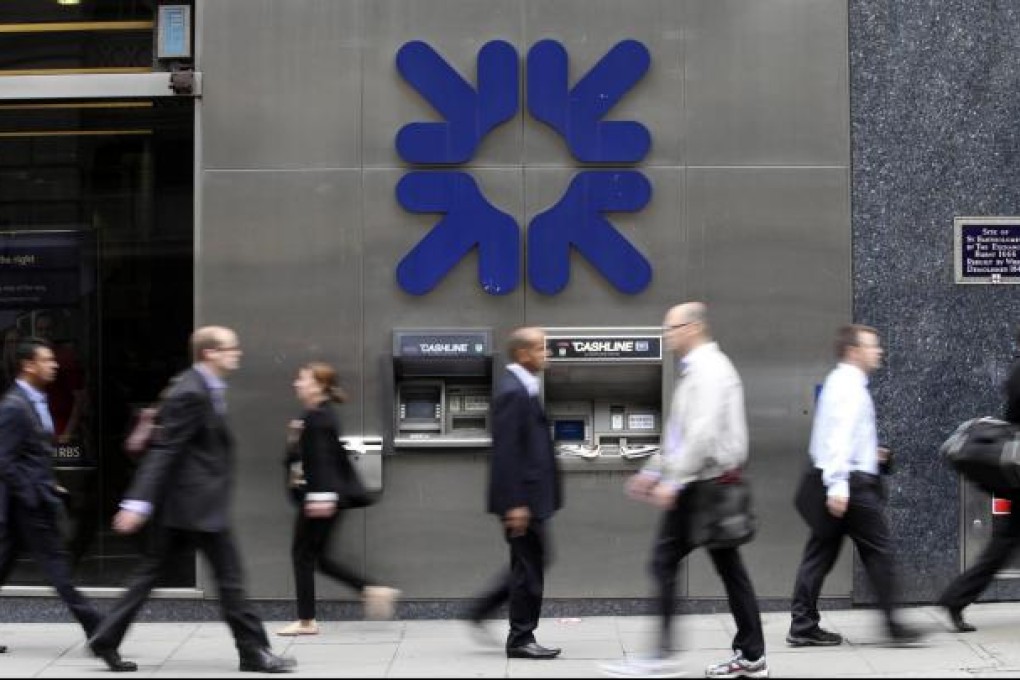RBS executives accused of being involved in Libor scam
Sources say responsibility went far higher than the four traders who have been fired, with their managers applying pressure to rig bids

Royal Bank of Scotland managers stand accused of condoning and participating in manipulation of global interest rates, indicating that wrongdoing extended beyond the four traders the bank has fired.
In a message conversation in late 2007, Jezri Mohideen, then the bank's head of yen products in Singapore, instructed colleagues in Britain to lower RBS's submission to the London interbank offered rate that day, according to industry sources.
No reason was given in the message as to why he wanted a lower bid. The rate-setter agreed, submitting the number Mohideen sought, the sources said.
Mohideen was not alone. RBS traders and their managers routinely sought to influence the firm's Libor submissions between 2007 and 2010 to profit from derivatives bets, according to employees, regulators and lawyers. Traders also discussed with other firms where rates should be set, one person said.
"This kind of activity was widespread in the industry," said David Greene, a senior partner at law firm Edwin Coe in London. "A lot of the traders didn't consider this behaviour to be wrong. They took it as the practice of the trade. This is how things operated, and it seemed harmless."
RBS, 81 per cent owned by the British government, is one of at least a dozen banks being investigated by regulators worldwide over allegations that traders colluded to manipulate the benchmark interest rate so they could profit from bets on interest-rate derivatives.
